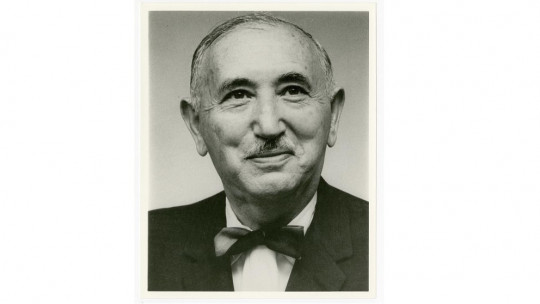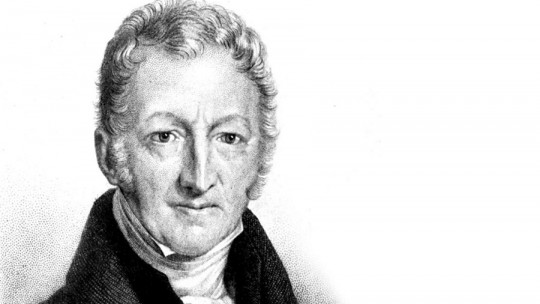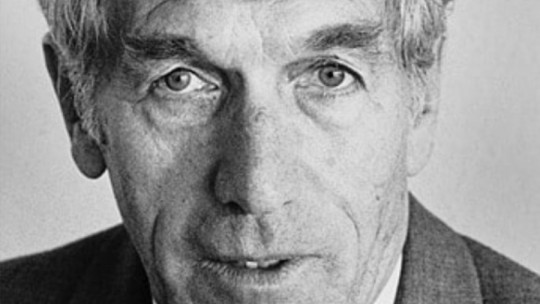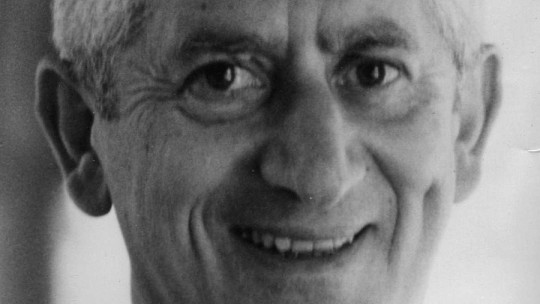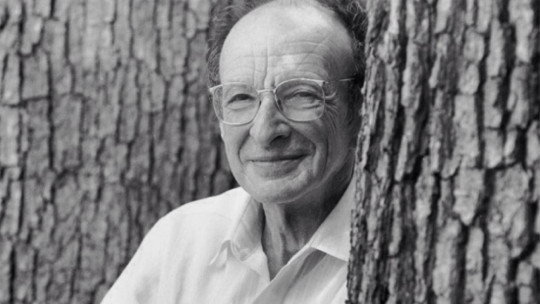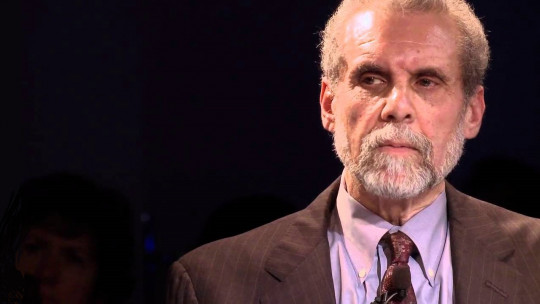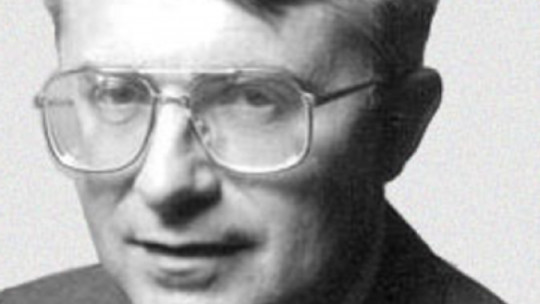
Constructivism is one of the strongest currents within educational psychology. One of its fundamental premises is the idea that the new learning imparted to students must be based on what they already know, motivating them to be participants in their own teaching through discovery.
This idea was strongly defended by the psychologist David Ausubel, who is considered the greatest reference of the constructivist current, exposing it in more detail in his theory of meaningful learning.
Let’s discover his life through a biography of David Ausubel
Summary Biography of David Ausubel
David Paul Ausubel was born in the New York neighborhood of Brooklyn, United States, on October 25, 1918. Little David grew up in an emigrant family from Carpathian Galicia, having as his paternal grandfather the historian Nathan Ausubel, historian of the Jewish people.
Little is known about his childhood apart from having grown up in the United States. As an adult, David Ausubel would study psychology at the University of Pennsylvania, as well as medicine at Middlesex University.
After completing his studies he worked as an assistant surgeon and resident psychiatrist in the United States Public Health Service and, immediately after the end of World War II, he would work with the United Nations in Germany, medically treating displaced people.
Having completed his training in psychiatry, he would study at Columbia University, where he would obtain his doctorate in developmental psychology. During this time he became especially interested in the field of drug addictions, becoming senior psychiatrist at Buffalo State Hospital in 1947.
Between 1950 and 1966 he would work on research projects at the University of Illinois, where he would publish several works on cognitive psychology. In addition to becoming head of the Educational Research Office of that same university.
In 1957 he received a Fulbright research scholarship to study in New Zealand There he would study developmental psychology, through cross-cultural comparative research on the Maori ethnic group. Thanks to his research with this ethnic group, Ausubel would write several books, such as The Fern and the Tiki (1960) An American View of New Zealand
In 1961 he would publish Maori Youth, where he presented a psychoethnological study on cultural deprivation. In this text he expressed the idea that poor educational functioning could result in serious cultural deprivation He used this book to defend the idea that culture should be used systematically as a variable in psychological research.
Later, he would accept positions as a visiting professor at the Ontario Institute of Studies in Education. He would also teach at European universities such as the Salesian University of Rome and Munich.
He was director of the graduate department of Educational Psychology at New York University where he would work until the year he retired from the academic world, in 1973.
In 1976 David Ausubel was awarded by the American Psychological Association (APA) for his contributions to educational psychology. He later returned to practice as a psychiatrist at Rockland Children’s Psychiatric Center.
David Paul Ausubel passed away on July 9, 2008, at the age of 89. Although little is really known about his life, what has remained for later is his vision of the learning process. Ausubel considered that, if he had to reduce all educational psychology to just one principle, he would say that The most important factor that influences learning is what the student already knows
The theory of meaningful learning
David Ausubel He is known for having developed the theory of meaningful learning, one of the fundamental concepts of modern constructivism. It defends the idea of learning as a complex cognitive concept rather than a merely memoristic one. Learning is not just copying data in your mind, it is making sense of what you have just learned and relating to the environment accordingly.
According to Ausubel’s perspective, educational theories and methods must be related to the activity carried out in the classroom and to the cognitive, affective and social factors that may take place. Thus, she defends that the student’s prior knowledge must be taken into account so that, in this way, they can be used as a basis for the new knowledge taught in class. The idea is that meaningful learning occurs, which enriches the student’s cognitive structure.
Based on all this, it can be understood that the theory of meaningful learning implies a perspective that is directly opposed to the classic vision, highly defended for decades in school, of teaching content by rote (e.g., memorizing adverbs, the verb tenses without understanding why they are called that…). In rote learning, the incorporation of knowledge is arbitrary and weak which means that in the medium and long term the new knowledge is forgotten.
The educational process
Based on Ausubel’s approaches, it is concluded that in the educational process, those involved must meet a series of characteristics, which we will see below.
1. Characteristics of the teacher
2. Role of the learner
3. Student characteristics
Concluding
Ausubel’s work is generally compared with that of Jerome Bruner, since both authors had similar views on the hierarchical nature of knowledge. However, Bruner placed more emphasis on the discovery process, while Ausubel was more oriented toward verbal learning methods, such as speaking, reading, and writing.
It should not be forgotten that David Ausubel was influenced by Jean Piaget. His ideas turned out to be quite similar to the concept of Piagetian conceptual schemes, relating them to his explanation of how people acquire knowledge. Based on this, Ausubel theorized that people acquire new knowledge mainly by directly exposing themselves to it, through discovery.
- Ausubel, D. P. (1960). The use of advanced organizers in the learning and retention of meaningful verbal material. Journal of Educational Psychology.
- Ausubel, D. P. (1962). A subsumption theory of meaningful verbal learning and retention. The Journal of General Psychology.
- Ausubel, D. (1963). The psychology of meaningful verbal learning. New York: Grune and Stratton.
- Ausubel, DP (1976) Educational Psychology. A cognitive perspective. Ed. Trillas. Mexico.


